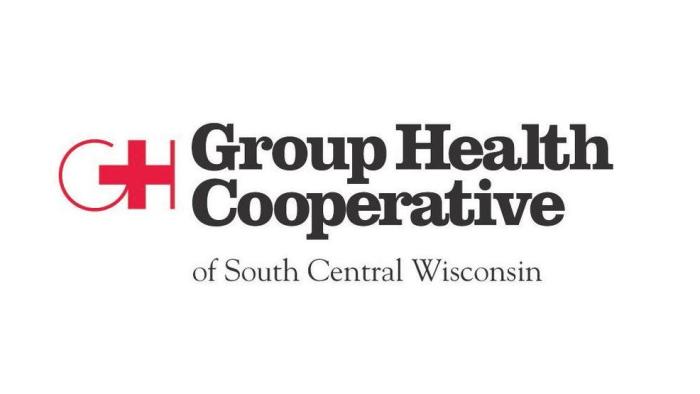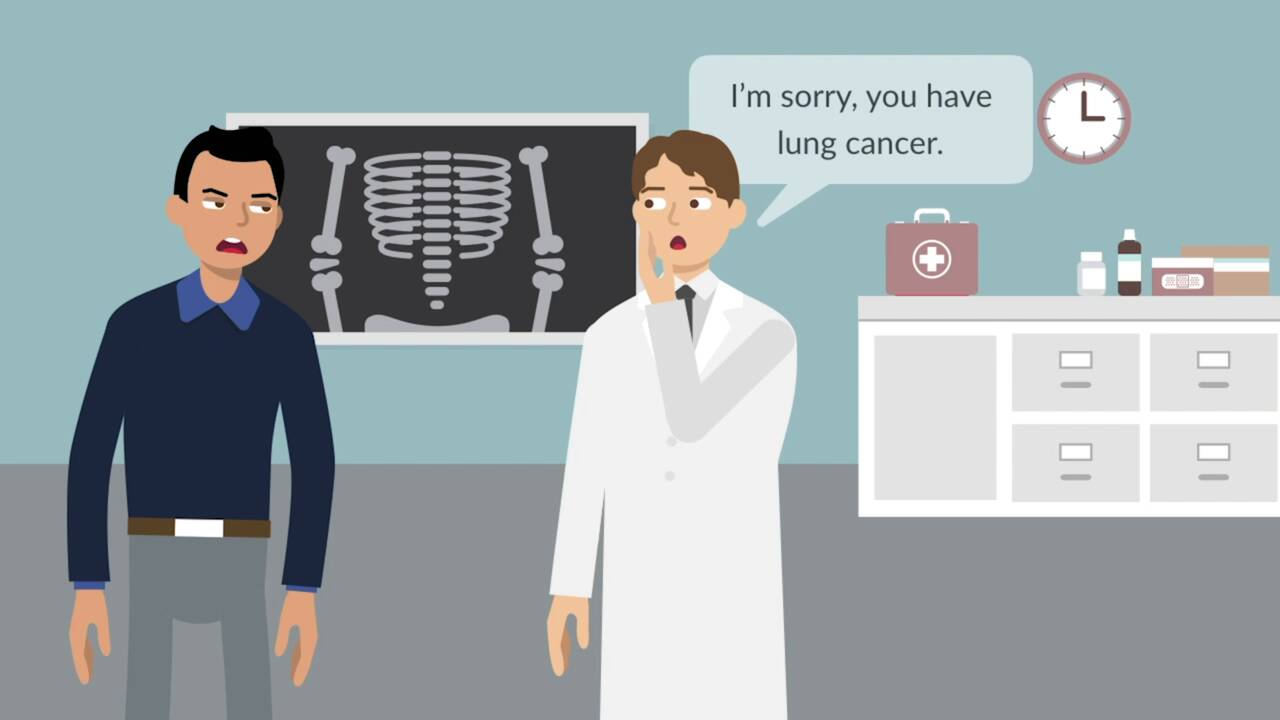Herskovits v group health cooperative – Herskovits v. Group Health Cooperative of Puget Sound is a seminal case in healthcare law that has had a profound impact on the delivery of healthcare services. The case, which was decided by the Supreme Court of the United States in 1993, addressed the issue of whether a health maintenance organization (HMO) could be held liable for the negligence of its physicians.
The case arose from the death of Richard Herskovits, a patient who was treated by a physician employed by Group Health Cooperative. Herskovits died as a result of medical malpractice, and his widow sued Group Health Cooperative, alleging that the HMO was liable for the physician’s negligence.
Introduction

The case of Herskovits v. Group Health Cooperative of Puget Sound(1993) is a landmark decision that has significantly impacted the healthcare industry. It addresses the legal responsibilities of healthcare providers in providing information to patients and the patient’s right to make informed decisions regarding their medical care.
Legal Framework

The case is based on the legal principle of informed consent, which requires healthcare providers to disclose all material information to patients before obtaining their consent for treatment. The court considered the precedent set in cases such as Cobbs v. Grant(1972) and Canterbury v. Spence(1976), which established the duty of physicians to disclose information that a reasonable patient would find significant in making a treatment decision.
Key Findings

The court ruled in favor of the plaintiff, Herskovits, finding that Group Health Cooperative failed to adequately inform her of the risks associated with a hysterectomy. The court held that healthcare providers have a duty to disclose all material information, even if the patient does not specifically request it.
The court also emphasized the importance of patient autonomy, stating that patients have the right to make informed decisions about their own healthcare. This decision has had a significant impact on the way that healthcare providers obtain informed consent from patients.
Impact on Healthcare
The Herskovitsdecision has had a profound impact on the delivery of healthcare services. It has led to increased awareness among healthcare providers of their duty to provide patients with complete and accurate information.
The decision has also raised ethical and practical considerations for healthcare providers. For example, providers must now carefully balance the need to provide patients with all material information with the potential for overwhelming or confusing patients with too much information.
Comparative Analysis
The Herskovitscase can be compared to other similar cases involving healthcare providers and patients’ rights. For example, the case of Wilson v. Scott(1998) involved a patient who was not informed of the risks of a spinal surgery. The court ruled in favor of the patient, finding that the surgeon had failed to obtain informed consent.
However, there are also some differences between the Herskovitscase and other similar cases. For example, in the case of Truman v. Thomas(1990), the court ruled that a physician was not liable for failing to disclose a risk that was extremely rare and unlikely to occur.
Future Implications

The Herskovitsdecision is likely to have long-term consequences for the healthcare industry. It is expected to lead to continued emphasis on patient autonomy and the importance of informed consent.
The decision may also lead to changes in the way that healthcare providers obtain informed consent from patients. For example, providers may increasingly use written informed consent forms that clearly Artikel the risks and benefits of treatment.
FAQ Summary: Herskovits V Group Health Cooperative
What was the significance of the Herskovits v. Group Health Cooperative case?
The Herskovits case was a landmark case in healthcare law that addressed the issue of whether a health maintenance organization (HMO) could be held liable for the negligence of its physicians. The Supreme Court’s decision in the case made it more difficult for patients to sue HMOs for the negligence of their physicians.
What were the legal arguments presented by the parties in the Herskovits case?
The plaintiff in the Herskovits case argued that Group Health Cooperative was liable for the negligence of its physician because the physician was an agent of the HMO. The HMO argued that it was not liable for the physician’s negligence because the physician was an independent contractor.
What was the Supreme Court’s decision in the Herskovits case?
The Supreme Court ruled in favor of the HMO, holding that the HMO was not liable for the negligence of its physician because the physician was an independent contractor.